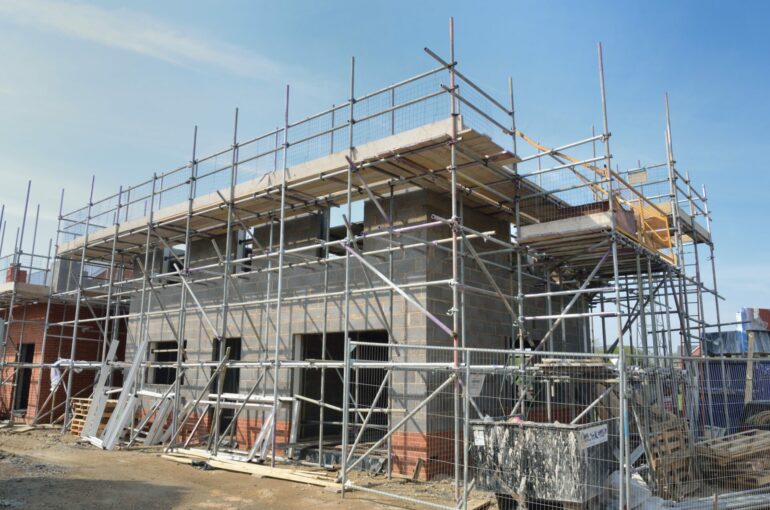The Institute for Public Policy Research (IPPR) found that developers have secured planning permission for over 1.4 million homes since 2007, but have not built them.
The think-tank’s report suggests the government needs to address land speculation and improve strategic planning to meet housebuilding targets.
The research found that significant barriers to house building exist outside of the planning system, such as developers deliberately slowing build rates to increase land value or land banking to maintain high house prices.
It also identified a failure to coordinate key infrastructure projects as a factor slowing down new home delivery and economic growth.
The IPPR suggests strengthening the planning system rather than removing regulations.
To improve the situation, the think-tank recommended exploring new laws to force developers to build within a set timeframe, creating a new Cabinet Office team for a national spatial strategy, and ensuring adequate resources for monitoring and enforcement.
Dr Maya Singer Hobbs, senior research fellow at IPPR, said: “The Government doesn’t need to rip up the planning system to build 1.5 million new homes.
“Many of the blockers to housing and infrastructure delivery are not planning related.
“Reasons include water shortages, private developers slowing delivery to maintain profits, and a lack of strategic oversight of large infrastructure projects.”
Singer Hobbs added: “Market driven house-building is broken, and won’t deliver the 1.5 million homes the Government has promised.
“Years of deregulation and cuts to organisations like the Environment Agency means the planning system now operates as the last bastion of defence against bad design, nature degradation, pollution and over extraction of our waterways.
“We must support local, regional and national planners to do their job.
“This is not about pitting NIMBYs against YIMBYs, it is about ensuring the government achieves its ambitious targets whilst also maintaining local support and high quality.”



